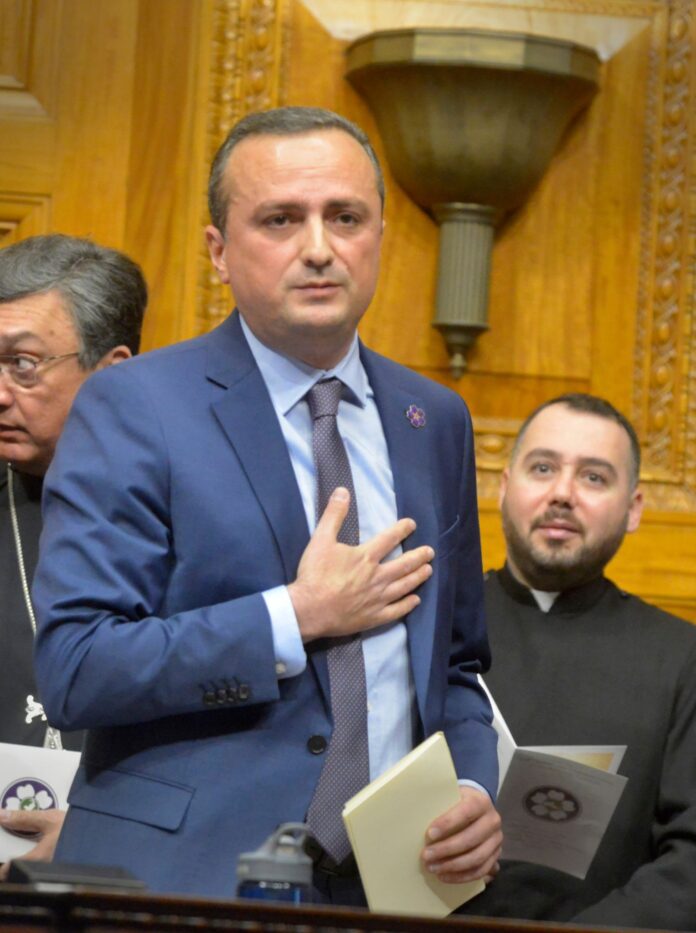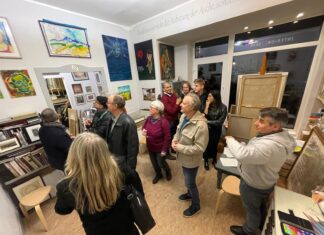WASHINGTON — The Republic of Artsakh is currently experiencing some of the most difficult times in its tumultuous history. Azerbaijan is maintaining its chokehold on Karabakh (Artsakh) by blockading the Lachin Corridor, unrepentant in the face of the world.
Artsakh’s representative in the US, Robert Avetisyan, this week participated in a remote interview, during which he addressed some of the challenges his homeland is facing and the advocacy work he is conducting in Washington.
He discussed a variety of topics, including the need for international mediation in the face of Azerbaijan’s breaking of promises or violation of treaties. He also stressed that the actions taken by Azerbaijan are tantamount to genocide.
He said, “This situation is taking a human toll. Every third death in Artsakh is related to malnutrition. We are speaking in the 21st century, in a European zone. The blockade has affected every aspect of life in Artsakh, especially Stepanakert. There is no food, there are no basic products, no opportunity to get proper medical assistance, no opportunity to engage in educational processes. An entire set of civilian life has been severely affected by this blockade. Daily bread is a challenge. Kids faint in the line for daily bread because they have to stand for hours.”
“That’s the pattern of behavior we have seen from Azerbaijan throughout our entire course of interaction with that country. They assume an obligation, they put their signature on it, and violate it the next day, which makes the country and its leadership a non-trustworthy partner when it comes to negotiation. Trustworthiness is the essential component of successful negation. We don’t have it. That’s why we need international observation of the process,” he said.
Lantos Hearing









